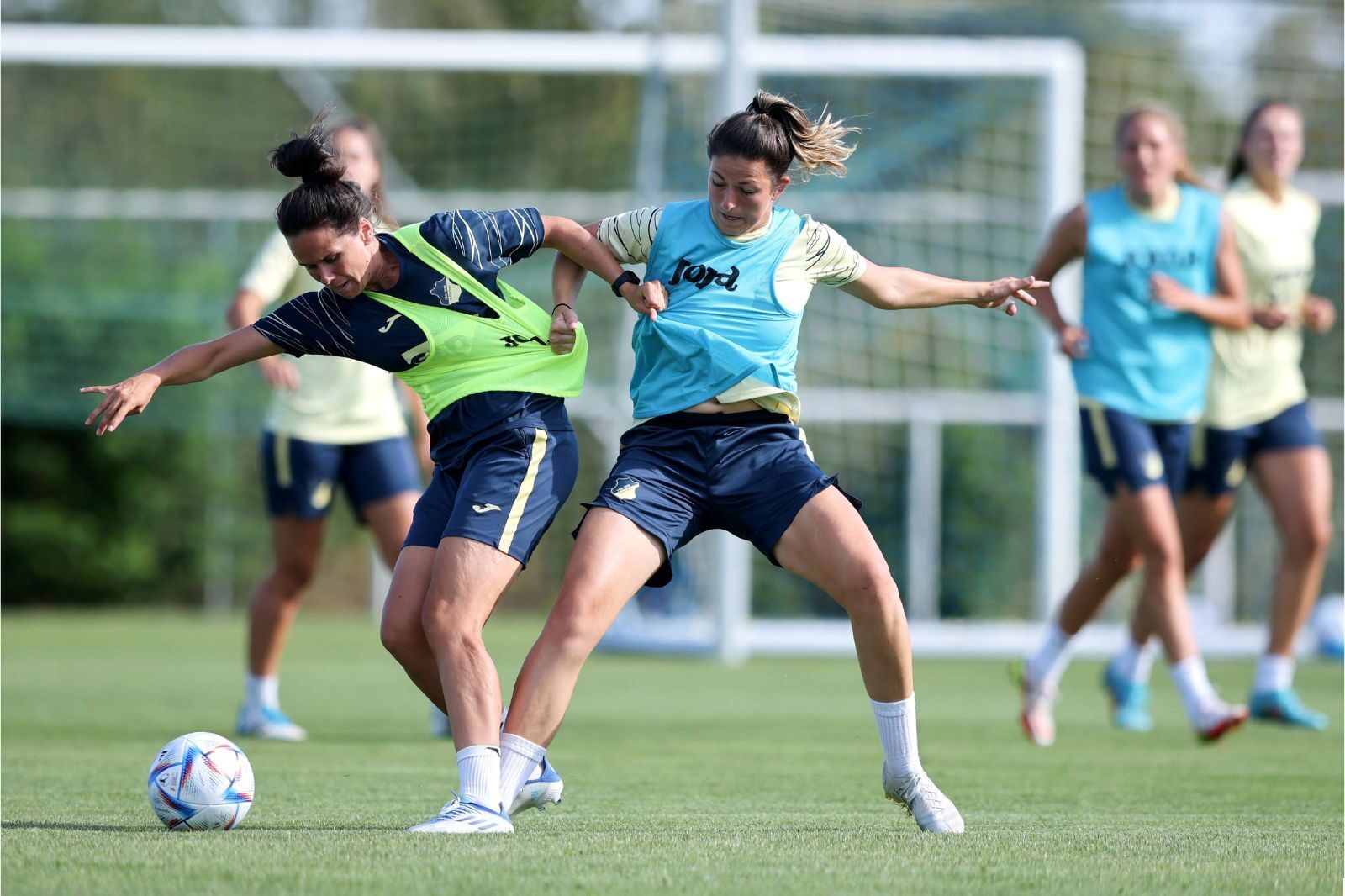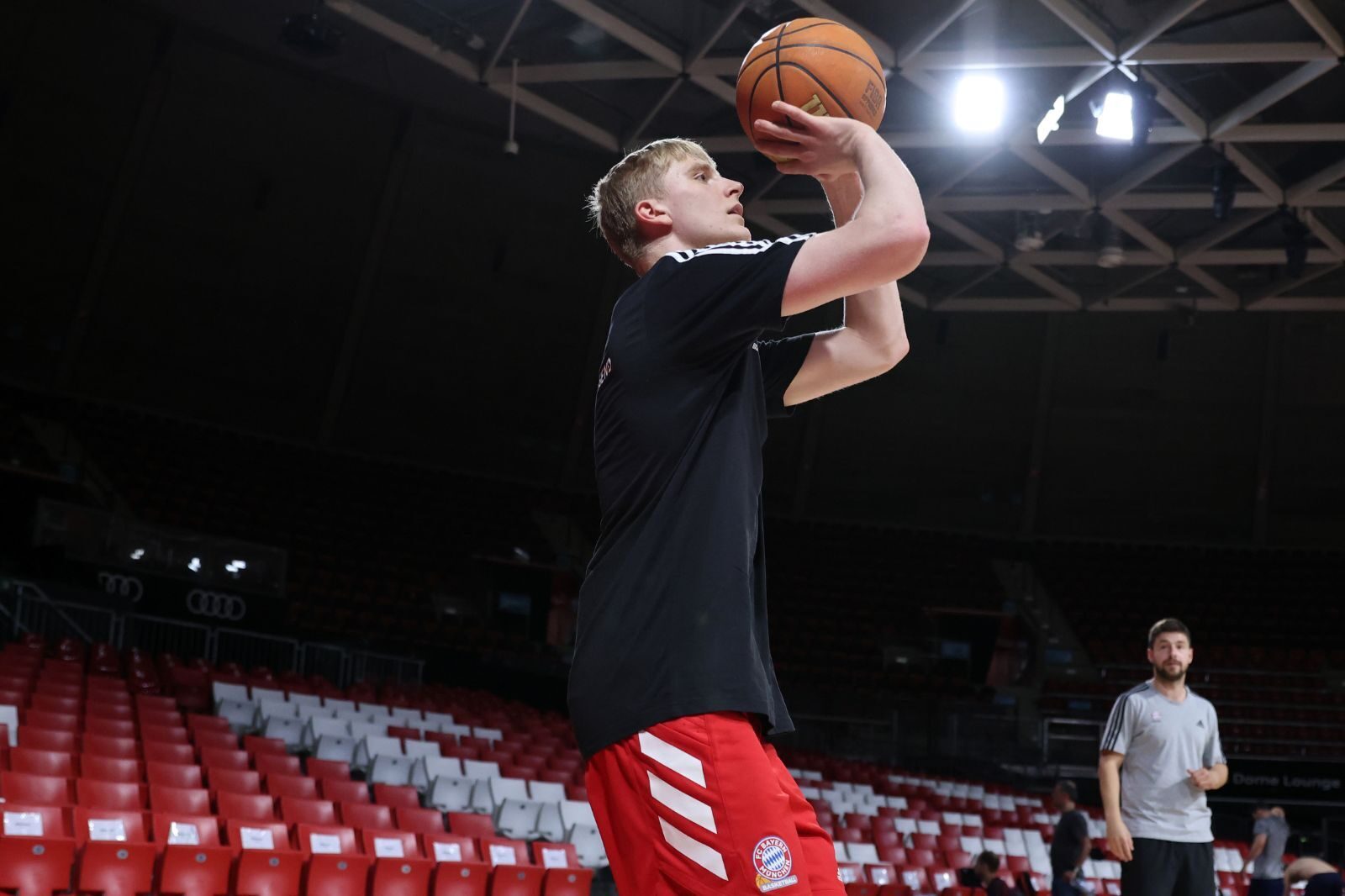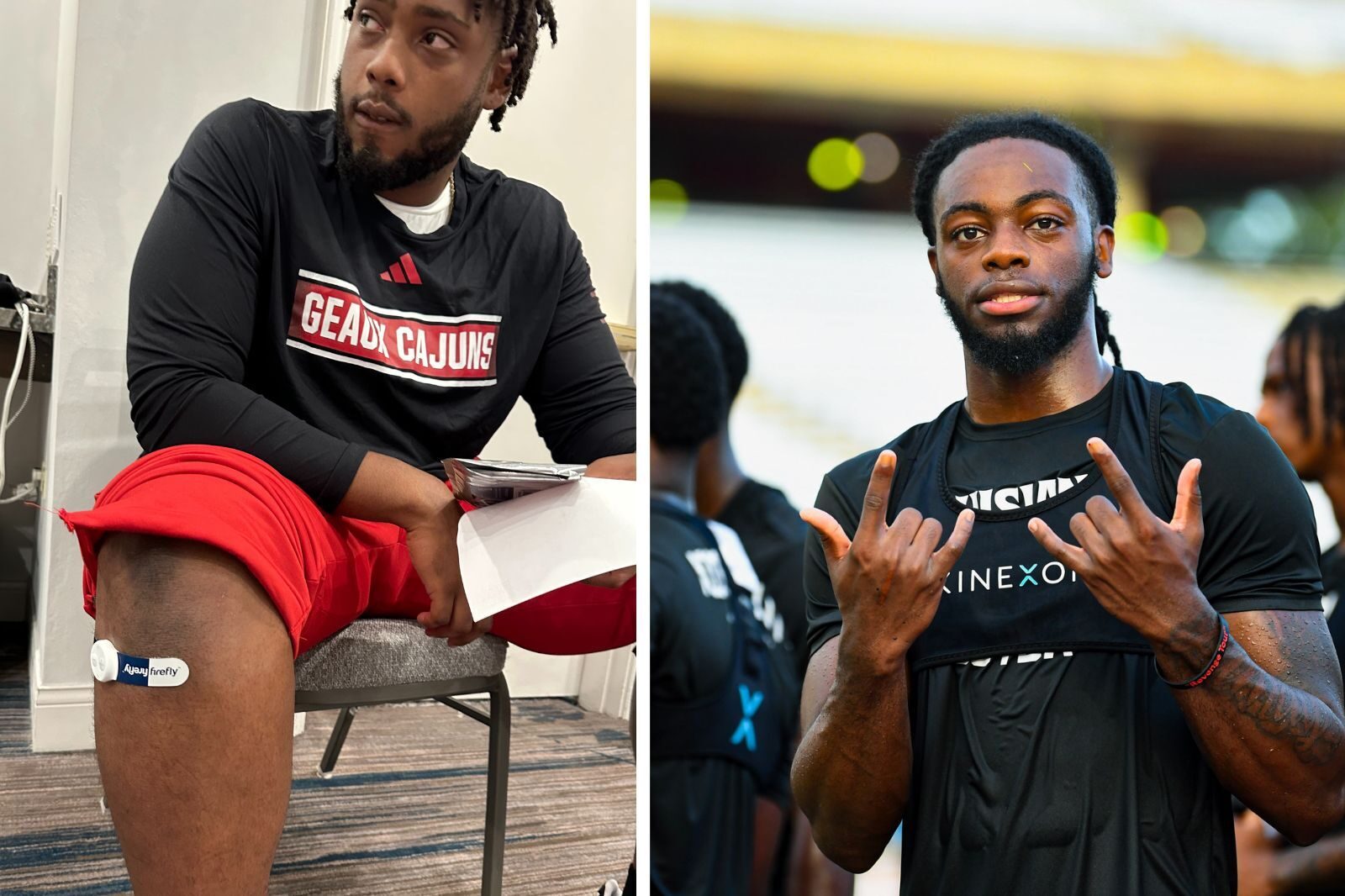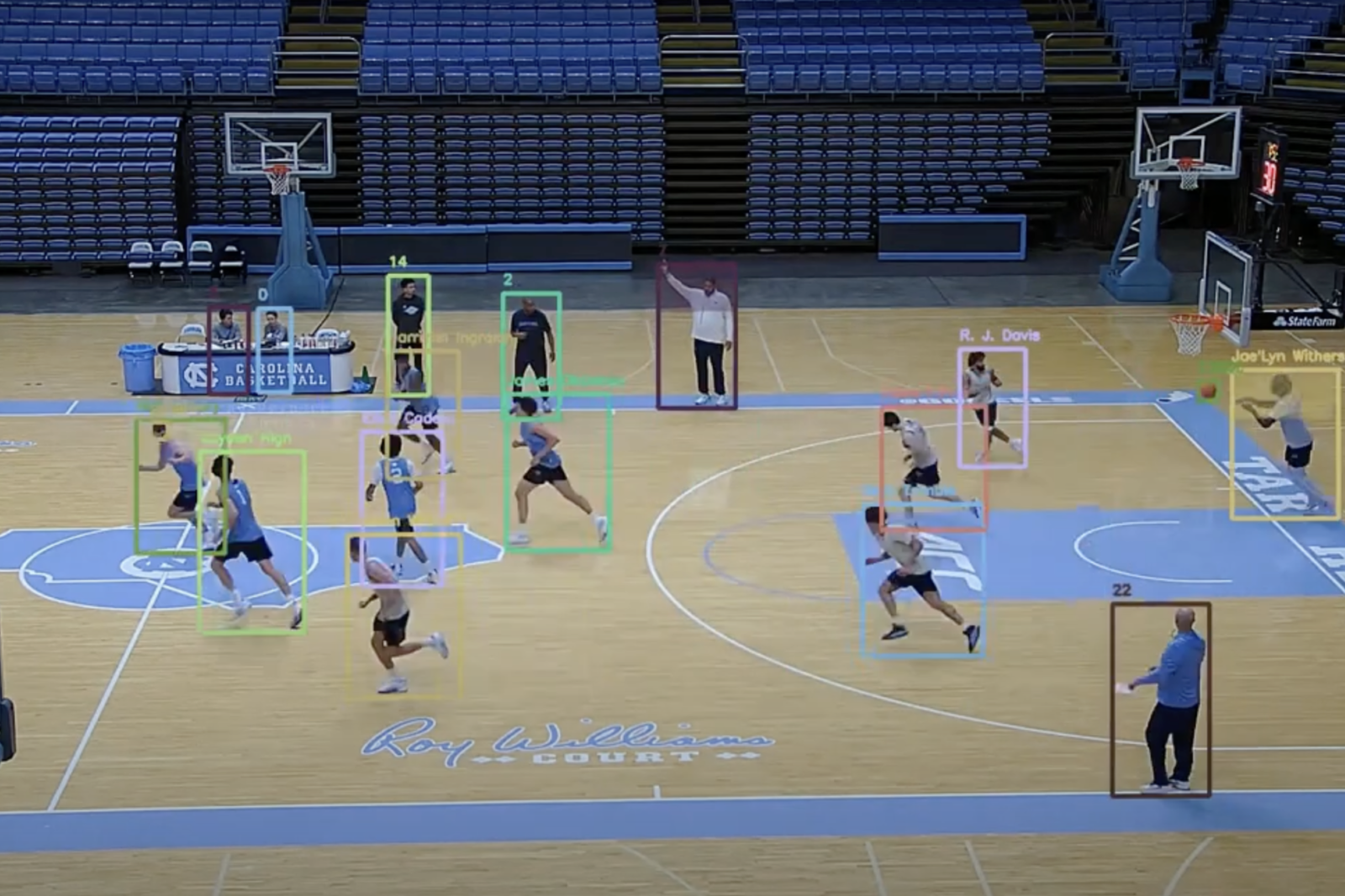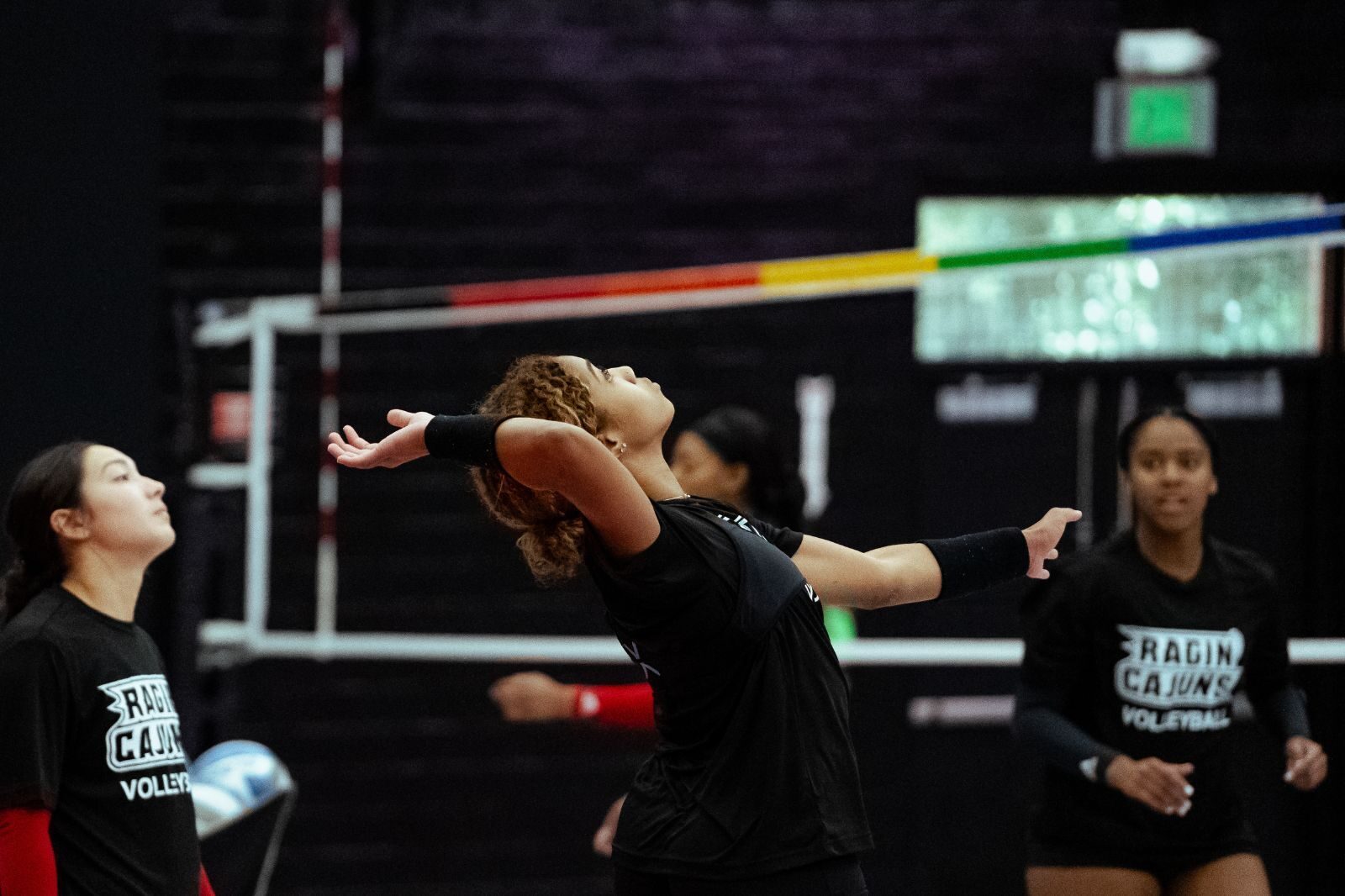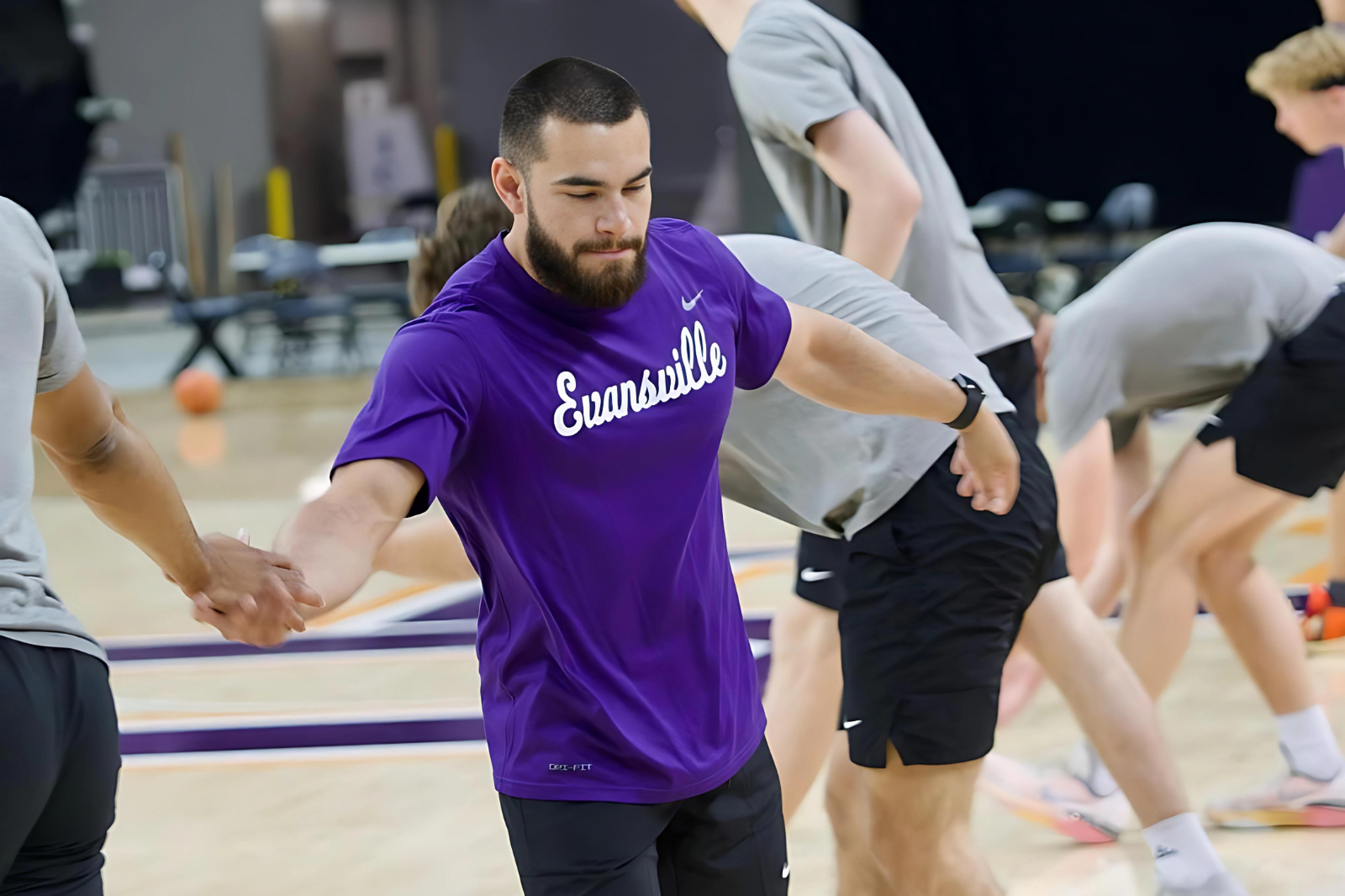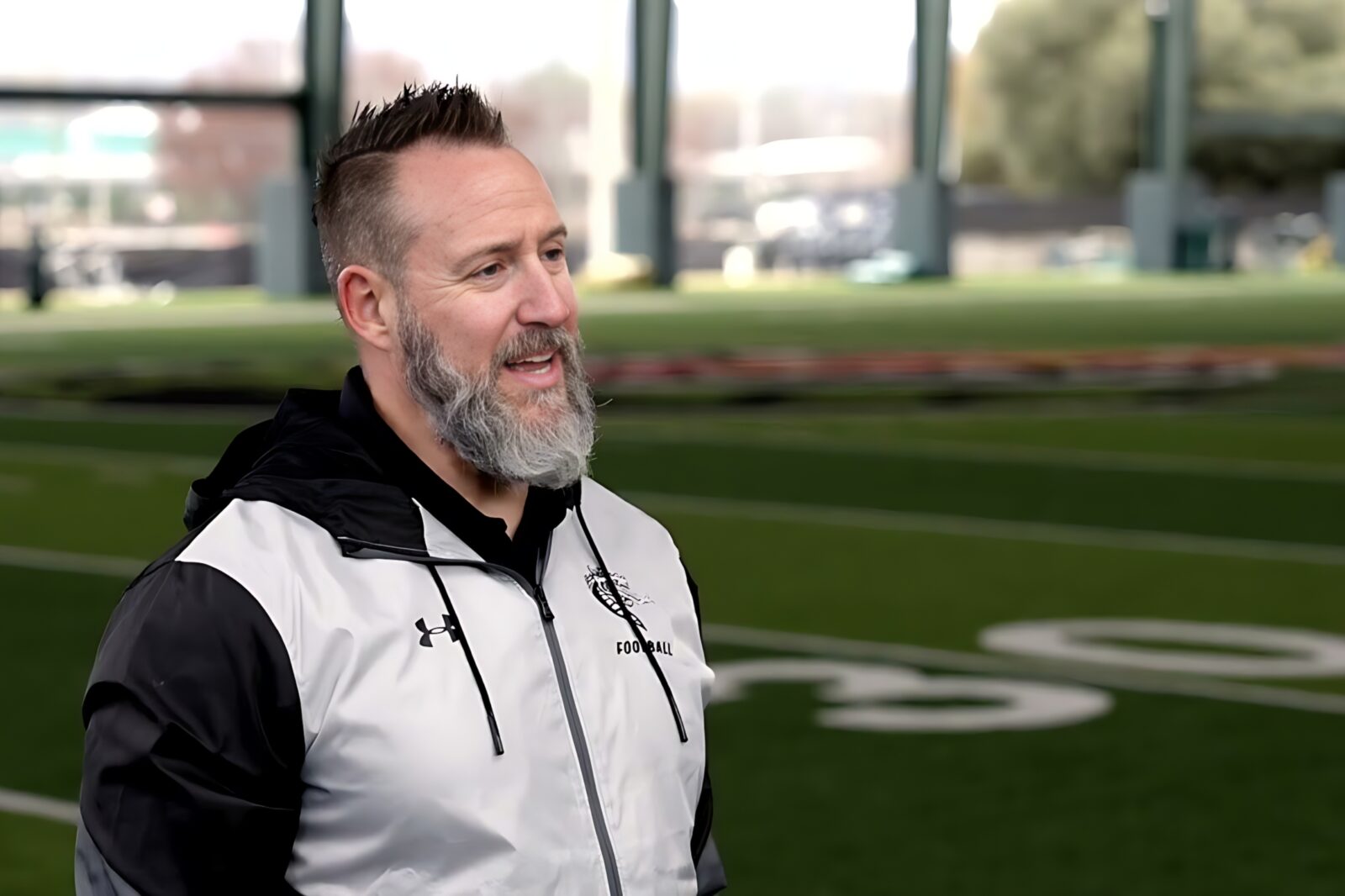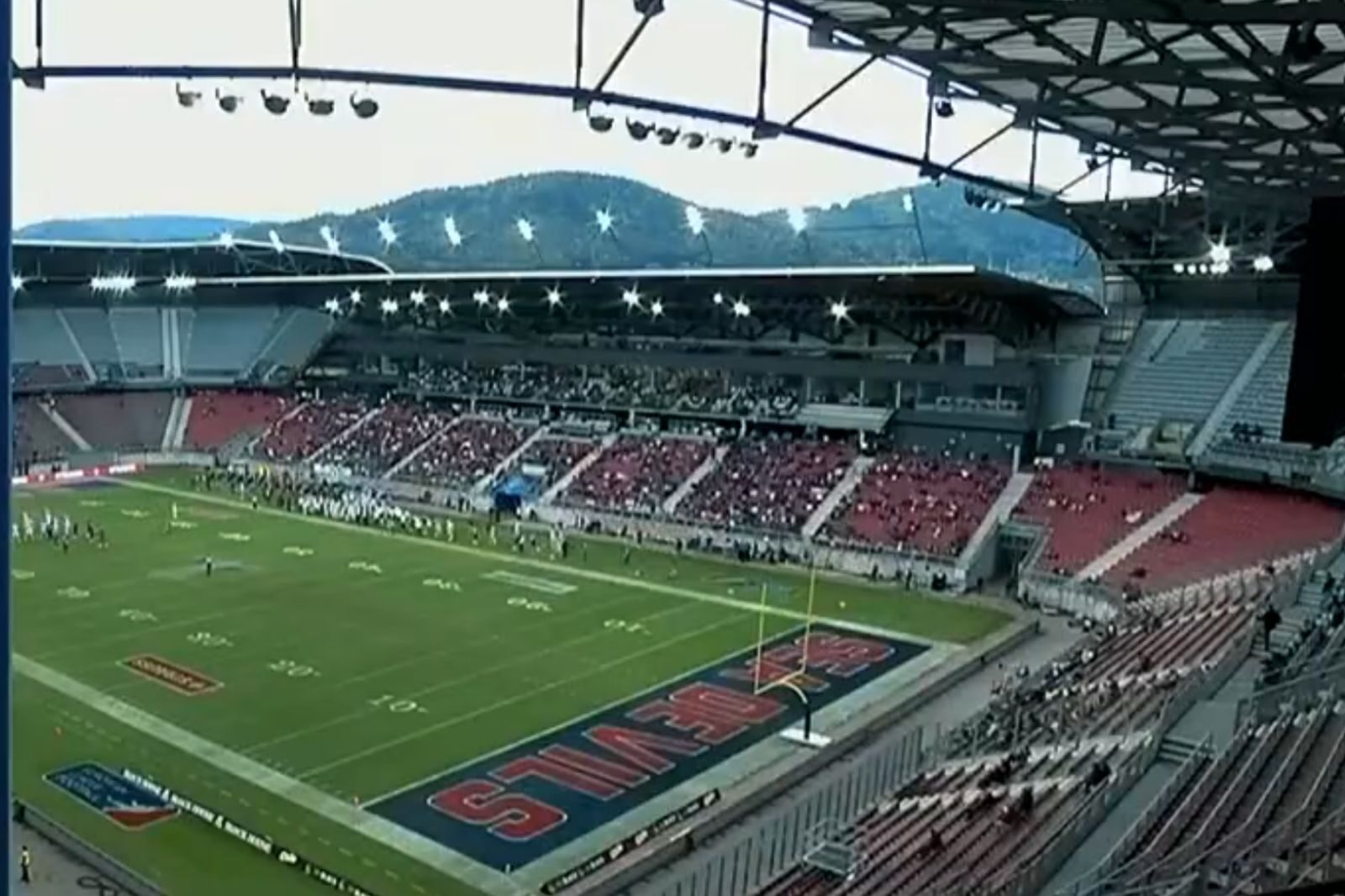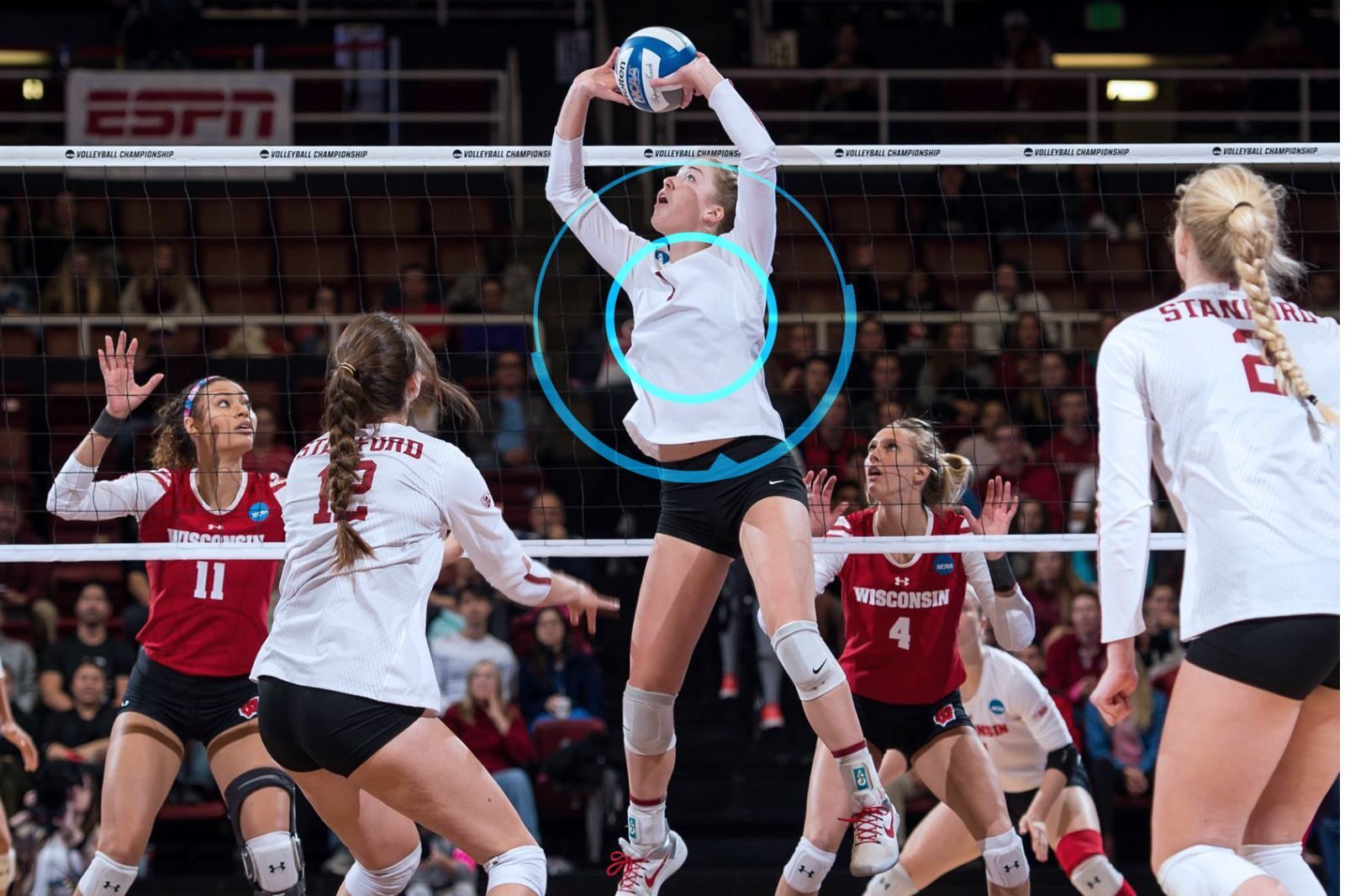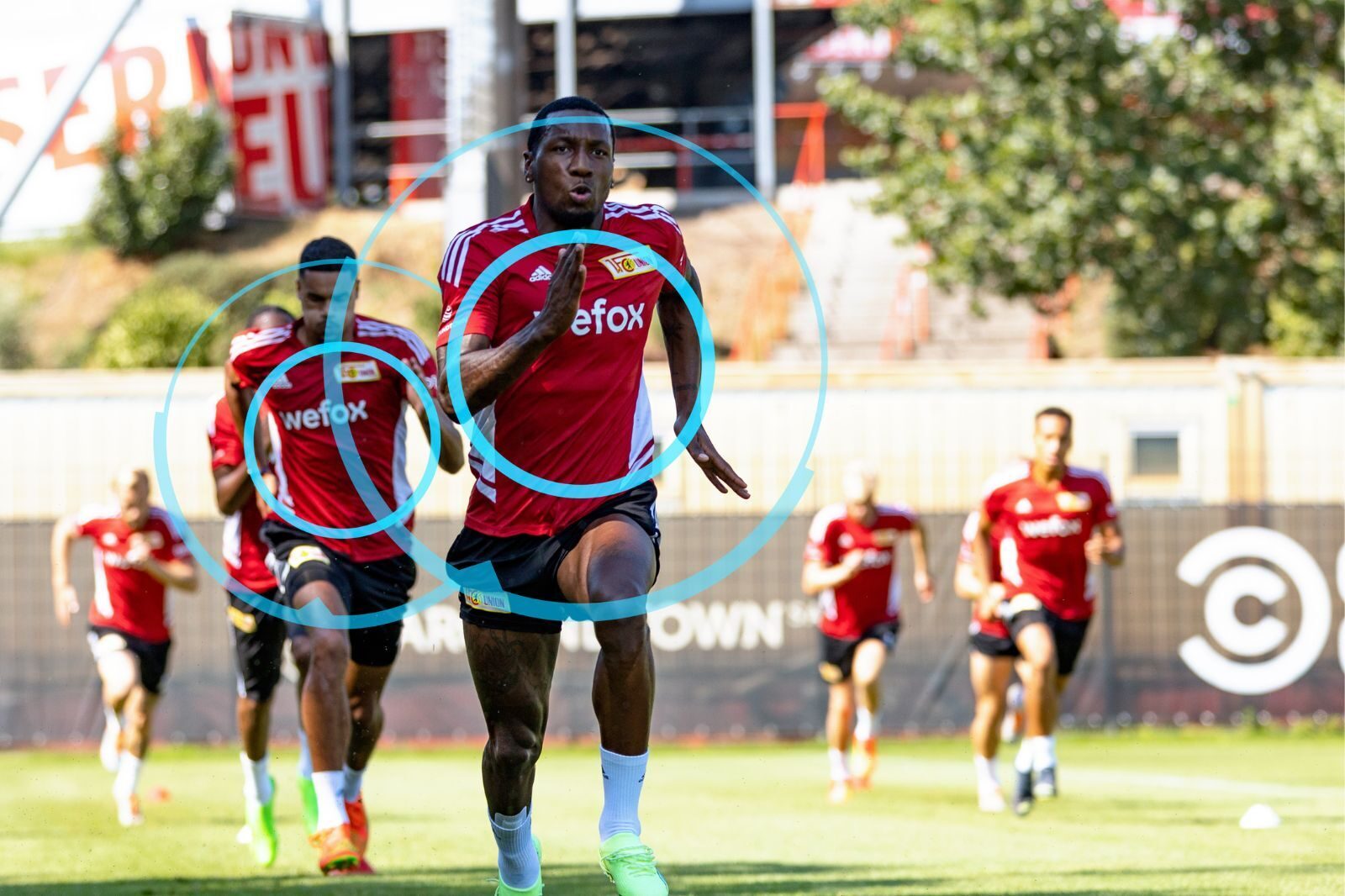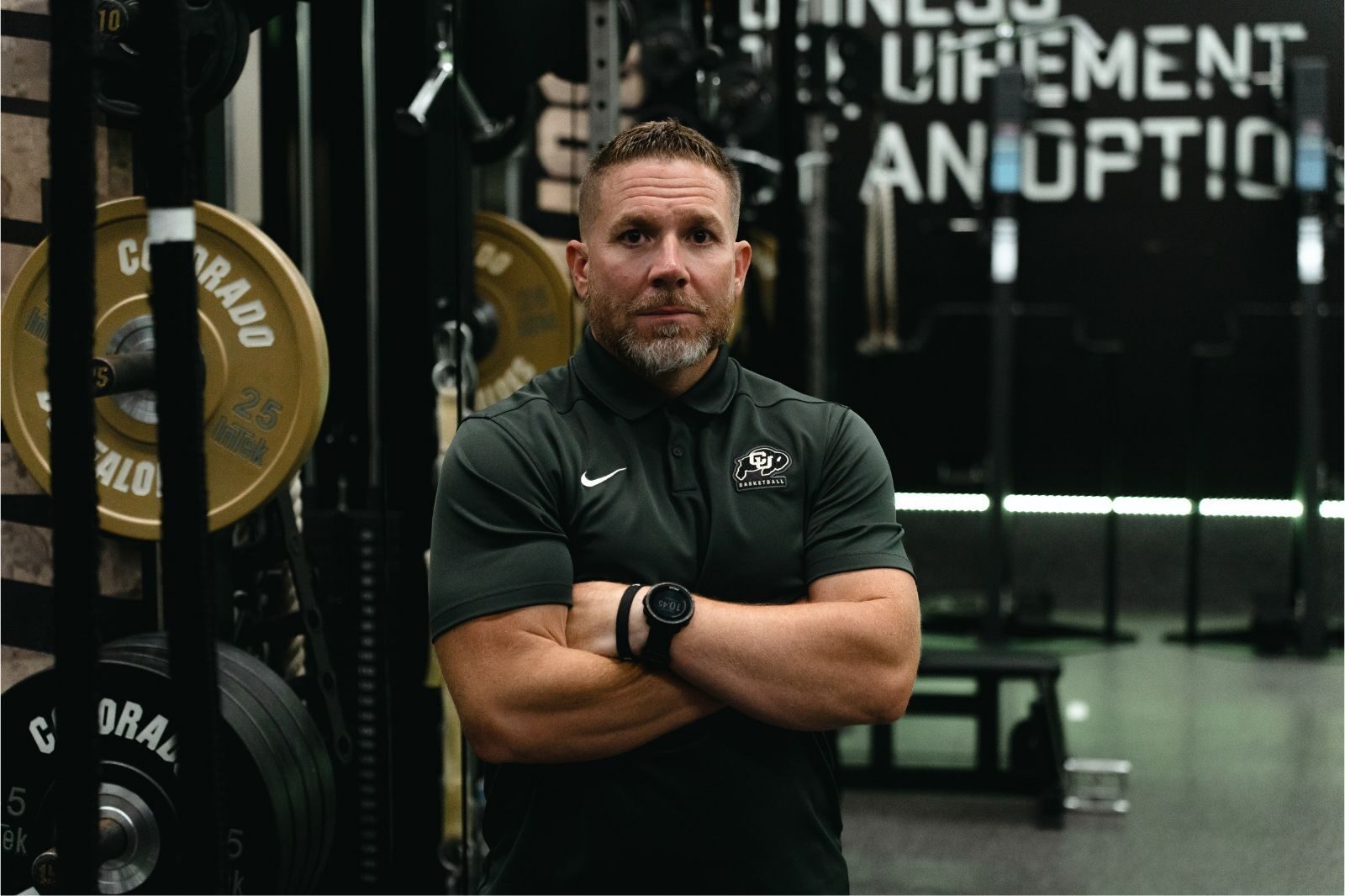Five Advantages of Using Player Tracking Systems for Sports Performance
Player tracking in sports refers to the use of advanced technologies to monitor and record the movements and actions of athletes during games or practices. The data collected through player tracking systems has numerous advantages for teams, coaches, and players. Here are five.

Off the top, the data and analytics player tracking provides can expose the effectiveness of a training or if your athletes are improving over time. Tracking data collected throughout trainings can also be used in the context of sports performance diagnostics. This procedure is called “in-situ testing”, which is only one of many advantages of using KINEXON’s sports technology.
The Advantages Player Tracking Provides

The benefits of player tracking include:
- Logistics
- Flexibility
- Real conditions
- Return to play
- Scouting
To understand each of them a little better, let’s take a closer look at what advantages they can provide you and your staff, no matter the sport.
Logistics
No supplemental equipment is required other than the installed system. Furthermore, no additional space or preparation time is needed — the diagnostics automatically take place during a training session. During a regularly held training session, all exercises relevant to the diagnostics can be filtered. And there’s the additional benefit of no extra workload on players or staff when conducting the performance diagnostics.
Flexibility
With KINEXON, it is possible to analyze many different sport-specific exercises in various sports: Jumps in handball, running performance in football and sprints in ice hockey - to name just a few examples. This is done completely automatically by means of display in clear dashboards. It also enables the comparison of players, positions and team values.
Real conditions
Although in-situ testing does not provide completely standardized data, the results collected under real conditions are of much higher significance. After all, you don’t want to know what the player is capable of under optimal conditions in the testing lab, but rather what performance he delivers on the field, court or pitch. Also, you see whether the training is effective for an athlete, or whether performance is stagnating or even declining.
Return to play
It is easy to check whether a player is ready to make his comeback after an injury by comparing the data from the initial profile. This makes it simple to judge how far the athlete still is from his personal peak performance and which specific areas may need more training.
Scouting
The comparison of data does not only have to be done for two training sessions of the same athlete. Profiles from in-situ diagnostics can also be used in scouting to compare junior players with professionals. Here, the objective tracking data acts as a support for the subjective impressions of coaches.
Overall, player tracking technology offers valuable insights and advantages that can significantly impact the performance of athletes, coaching strategies, and the overall experience for fans and stakeholders in the sports industry.
Sports Performance Training Done Right
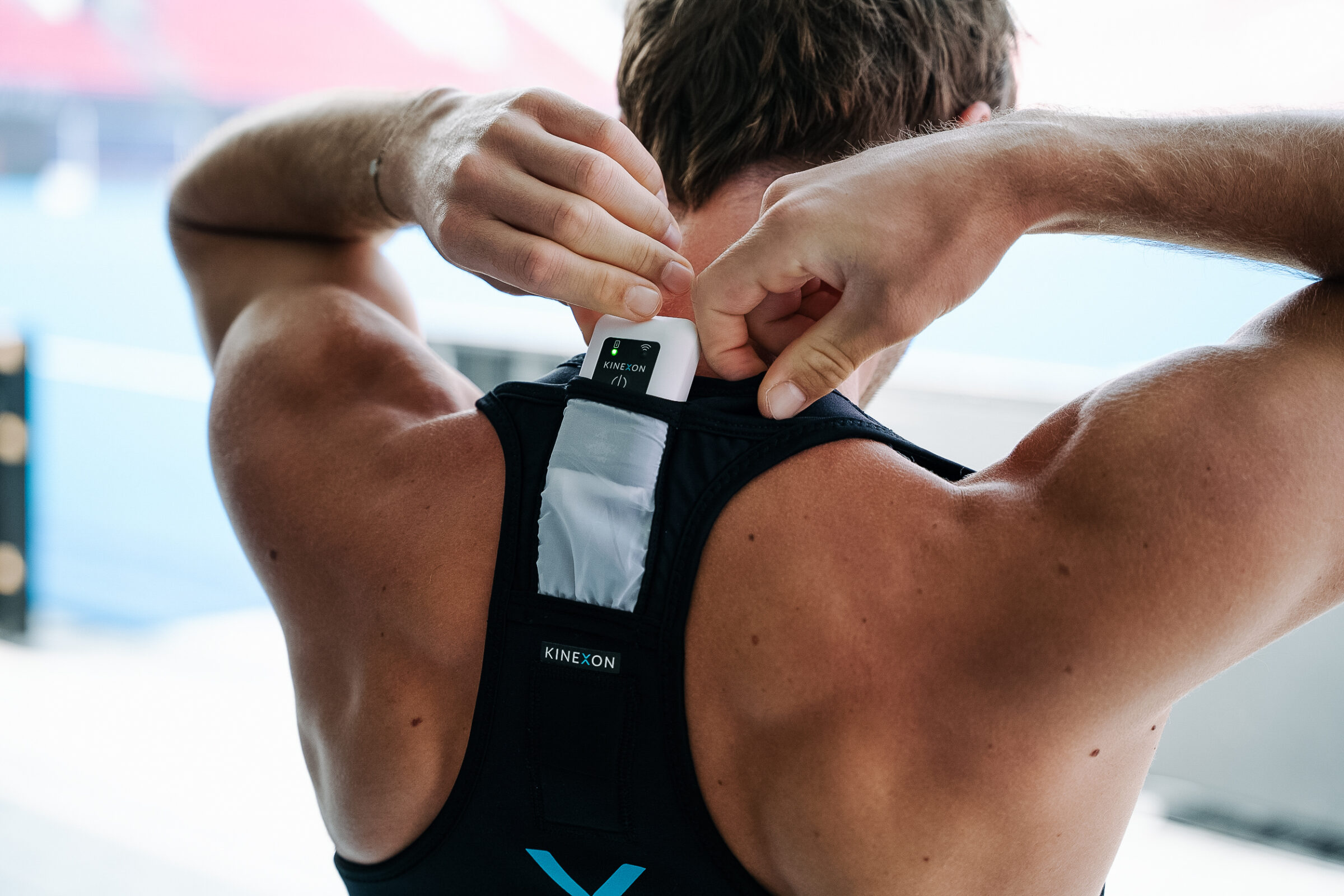
The evaluation of the performance diagnostics with KINEXON could be carried out semi-annually or quarterly and clearly visualized in a dashboard. In combination with e.g. health checks, questionnaires, etc., a holistic diagnostic picture is thus created.
In a nutshell: sports performance diagnostics with KINEXON PERFORM LPS means little effort and comparable performance data in real conditions.
Curious to learn more? Contact us at any time to schedule a talk with one of our experts! Or check out the case study below to see how the VfL Wolfsburg soccer club benefited by collecting sports data on its players.


